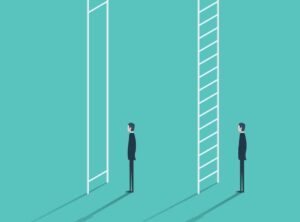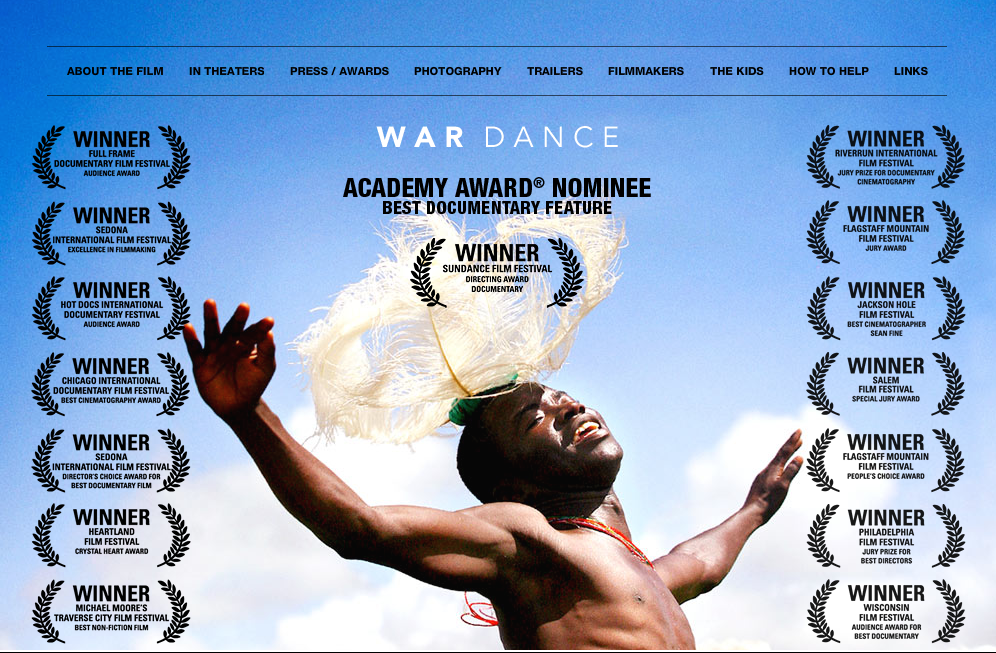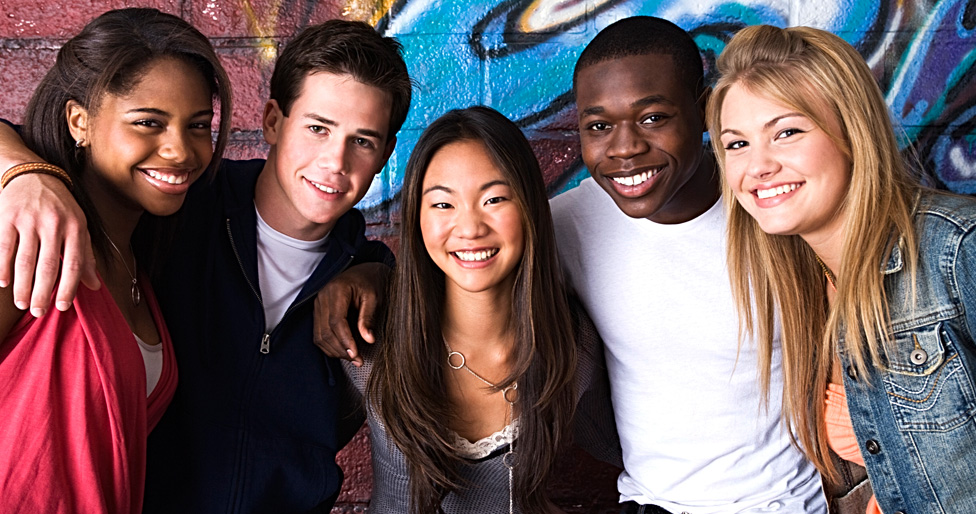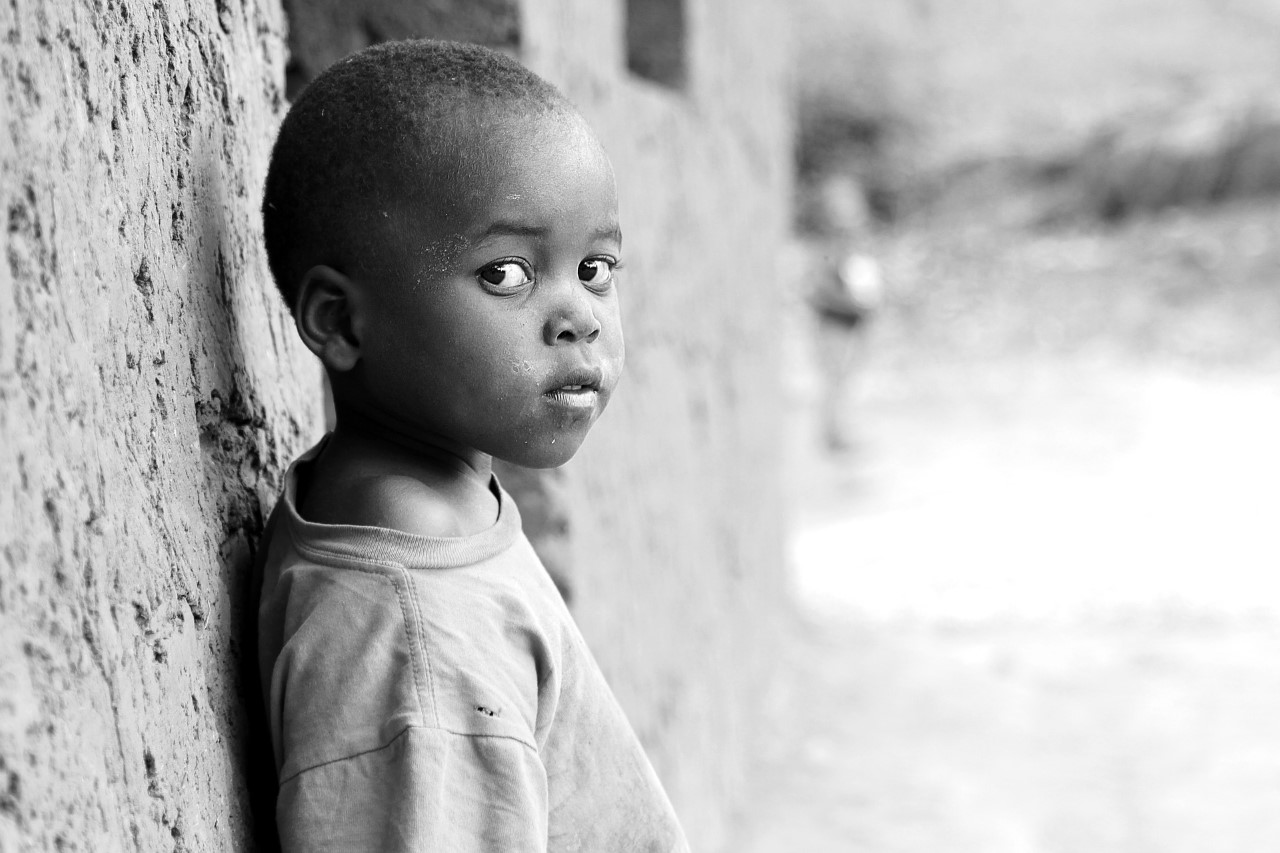
Tariq Mohammed interview
OLBIOS: How would you describe the collective experience of the crisis in the US and what has struck you the most about it?
Tariq Mohammed: What has struck me the most about the crisis in the US is how ordinary citizens have risen to the challenge. For example, small business owners are doing their best not to lay-off employees. Instead they are providing them with flexible work options, opportunities for professional development and personal growth. Grandparents, parents and children across the United States are spending more time together in their homes but are also demonstrating solidarity with others by wearing face masks, practicing social distancing and washing hands frequently to ensure health and safety.
Ordinary American citizens regardless of race, gender and socio-economic backgrounds are taking active roles in their communities both in the real and virtual worlds, whilst making big and small contributions. As an American citizen with a mental health condition, I am impressed by other American citizens who are resilient, generous and kind. Many Americans are trying to do the right thing in difficult circumstances.
O: On a social level, has this crisis been an eye-opener and an opportunity for important insights and significant changes and lessons to be learned in many domains? Could you give one or more examples?
T.M. : Yes, the crisis has been a wake-up call and exposed the underlying social and economic problems around the world. The crisis has also reinforced how interconnected we are in the wake of human suffering and the scale of its impact. At first, I was unable to believe the media reports about the number of deaths as it seemed unfathomable with respect to suburban life in the United States.
However, my international childhood and world travel as an adult for both work and pleasure has taken me to places where all forms of inequality exist. Therefore, I would say I am not as naïve as I used to be when it comes to foreign aid, social change and poverty alleviation.
However, through lots of personal and professional self-reflection, I realize my need for balancing self-care and selflessness.
On a social level, there are significant changes and lessons to be learned in the domain of new forms of life, work and education. Yes, I will have to reconsider habits, mobility and pace of living. Time and space constraints in the digital age has shifted the meaning of work for everyone.
As the crisis deepens and the global economy is negatively impacted, I believe that employment, skills development and career readiness will be of utmost importance. Investments in education, training and human resource development will be necessary forsustained economic growth. The jobs of the future will have a strong technological component whether it be artificial intelligence, machine learning, Internet of Things, 5G, robotics etc.
O: Tell us about your work and if you think it has or is likely to become more complex or even more relevant after the crisis.
T.M. : Early in my career, I worked as squash coach, administrator and volunteer in educational settings in the United States and abroad but with the move to remote learning the roles, responsibilities and renumeration of this type of work has been turned upside down. I no longer provide direct teaching and coaching to student-athletes of all backgrounds, but instead have shifted my work to digital storytelling.
My current goal is to assist with mobilizing resources and partnerships for the purpose of applied human development. The work has become more complex as one aims to share accurate, relevant and human stories that will move people to buy a product or support a cause. Furthermore, the lens through which I view my work also encompasses corporate social innovation whereby the impossible can be made possible by demonstrating success with pilot projects and then scaling up when feasible.
O: On a personal level, has this crisis changed your focus on what really matters and on future plans and courses of action?
T.M. : On a personal level what really matters most to me is my health and wellness while aiming to be a conscious capitalist. In this regard, I am currently assisting a business owner that supports local businesses while balancing environmental, social and governance impacts. Furthermore, this means striving for meditation and mindfulness. This is not always easy to do but I know I can and I must practice.
Tariq Mohammed is Customer Success Manager at RK Global





